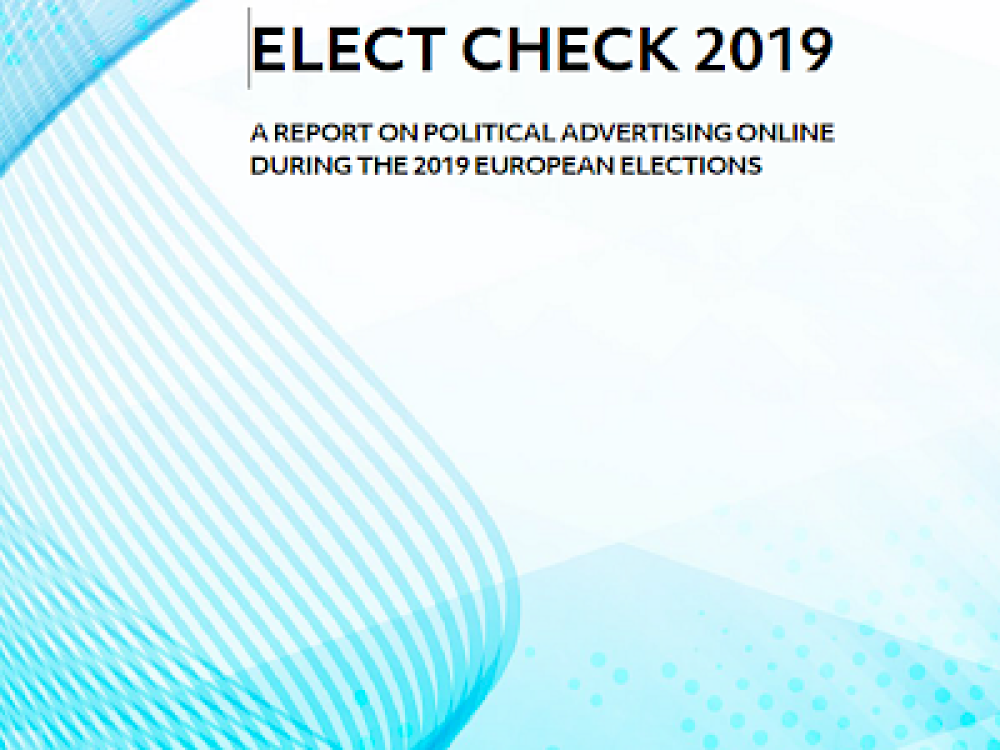Gretchen Peck at Editor&Publisher examines what mobile platforms mean for publishers "mobile news publishing is so young that hardly anything about it is certain. But one thing seems true: Mobile is different and distinctive, and that’s how publishers should think when maneuvering on this platform."
Trusted Brands are still Important: "According to Michael Boord, Associated Press’ global director of AP Mobile, the organization was 'an early mover in mobile news.' ...The interest in AP Mobile has been affirming for the Associated Press. 'There is a perception that users no longer value news brands, but that is untrue,” Boord said. “When big news events happen, we see big spikes not only in usage, as you would expect, but also in new downloads of the app. This leads me to conclude that people actively seek out AP for information when they are most in need of a news source that they trust.'"
Mobile Devices have Different Consumption Patterns: "That’s why aggregation is so compelling in mobile. SmartNews works by bringing news from multiple sources into one platform. 'You’re getting news from all over, brought to you in a convenient and attractive package,” Jaroslovsky said. “On a desktop, you can go to the news, but in the mobile environment, you want the news to come to you.' He continued, 'If I were a publisher, the first thing that I’d invest in is making sure my mobile website is adequate and responsive. That should even take precedent over creating branding mobile apps, which can certainly come in time. But immediately, the mobile Web is too good of an opportunity to pass up.'"
Mobile is Still in an Experimental Phase: "When The New York Times launched the NYT Now app,...the goal for NYT Now was to offer readers a free and more selective mobile app experience, with curated content. It also allowed the publisher some mobile space in which to experiment with what compels readers. ... Since the app’s launch, video has proven its popularity, but that doesn’t mean that publishers should produce video just for the sake of having it. It has to tell the story in the best possible way, specific to mobile viewing."
"The Dallas Morning News has done its fair share of mobile experimentation too, said Christopher Williams, senior director, digital portfolio. ... While readers may vocalize that they’d like to watch an entire high school football game on their mobile devices, they don’t actually do that. Instead, data shows that they prefer videos that just show the highlights. “The ‘ask’ is different than the ‘need,’” Williams explained." ... Williams noted that there’s a glut of data that publishers can amass from digital and mobile, but that doesn’t mean that they inherently know what to do with it. He recommended some outside help, looking to other industries like healthcare, for example, to learn how they’re using data to better reach and serve their customers.
Mobile and Advertising: "'Ad blocking is not yet a big issue in native apps,' said AP’s Boord. 'However, as we think about our new app under development, we are taking a critical look at app performance and the overall advertising experience for users. We are trying to be respectful of users and create a best-in-breed user experience that engages them without creating clutter and intrusive experiences. I don’t think all users have an issue with the concept of ads,' he added, 'but many have an issue with their implementation, performance, and transparency—and publishers certainly bear much of the blame. We have a responsibility to do it better, hold ad providers to higher standards, be more transparent, and take the responsibility very seriously.'"
What’s the next step? "The term “experiment” comes up a lot in conversations about mobile. Williams, for example, suggested that as much as 20 percent of a mobile teams’ effort (resources permitting) should be spent regularly challenging the norm, and trying to figure out new opportunities for audience and revenue growth, though he knows it isn’t a comfortable concept."
Subscribe to FuJo's Newsletter.




